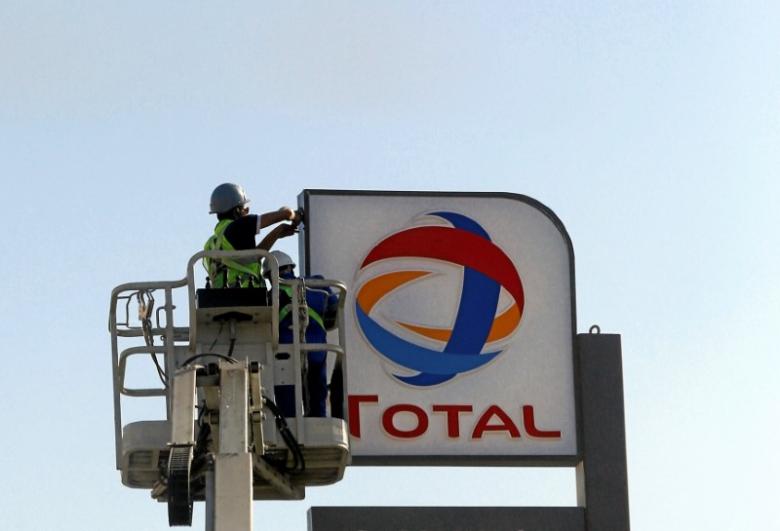Iran strikes oil
July 11, 2017 | Expert Insights

For the first time in over a decade, a European firm has inked a deal with Iran to develop one of the world’s largest natural-gas fields. Despite pressure from the US, Total, the French multinational integrated oil and gas company has signed a $5 billion deal with Iran along with China National Petroleum Corporation (CNPC).
This is the first deal struck since US along with other nations lifted significant sanctions imposed on Iran after the latter promised to roll back on its nuclear program.
Background
Iran is one of the most resource-rich nations in the world. It has abundance in oil and natural gas as well as other natural resources like coal, copper, iron ore, manganese and more. It also has a robust economy with a GDP worth $549 billion as of 2012.
It is also a state that has seen heavy sanctions. And due to this, its economy shrank significantly since 2012.
Following the Iranian revolution in 1979, which saw the overthrow of Pahlavi dynasty under Mohammad Reza Shah Pahlavi, the US imposed a number of sanctions on the state. These sanctions directly targeted Iran’s most lucrative investments in oil, gas, and petrochemicals among others. In 2002, US President George W Bush said that Iran was part of the “axis of evil.” By 2004, US was rallying the international community to increase sanctions on Iran due to the region’s nuclear program, which the former deemed a threat.
After years of negotiations, the UN nuclear watchdog, International Atomic Energy Agency (IAEA) said that Iran would scale back its nuclear program. As a result, international economic sanctions were lifted.
Analysis
The contract, which has been signed between Tehran and Total is for 20 years. During this period, 20 wells will be constructed as well as two wellhead platforms. There are also plans to connect two existing facilities through an underwater pipeline. Under the deal, the parties want to process 2 billion cubic feet of natural gas every day (400,000 barrels of oil).
Total will have 50.1 percent stake in the project, while China National Petroleum Corporation (CNPC) will own 30 percent and Iran's Petropars 19.9 percent.
US’ own relationship with Iran has been threatening to sour again in the recent months. The current government is reviewing the nuclear deal that was signed in 2016. US President Donald Trump had threatened to withdraw from it during his campaign.
Assessment
Our assessment is that US’ influence on the international community is clearly waning. Despite the threat of fresh sanctions, Total has taken the first move to invest in Iran along with China. This follows a pattern of nations striking lucrative economic deals with one another which is to their best advantage. Most recently Japan signed a landmark deal with the European Union. Iran, on its part is keen to recover the money it lost due to sanctions that were imposed upon it (reportedly that is around $200 billion). In fact, its oil minister, Bijan Zanganeh, invited US companies to come and invest in the region.








Comments